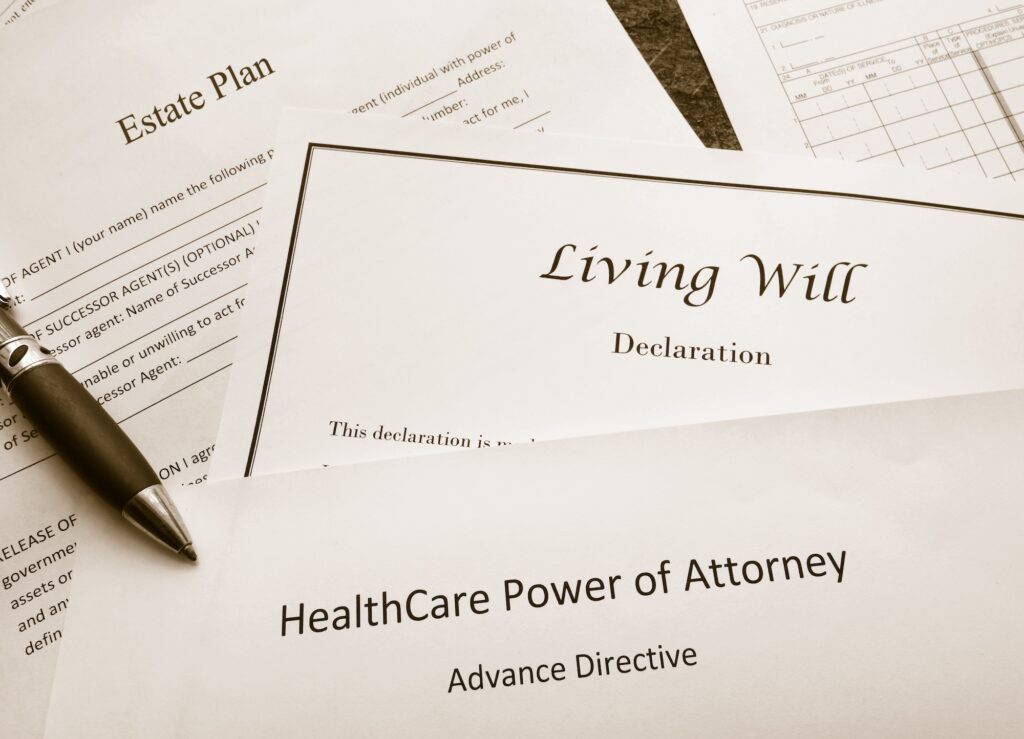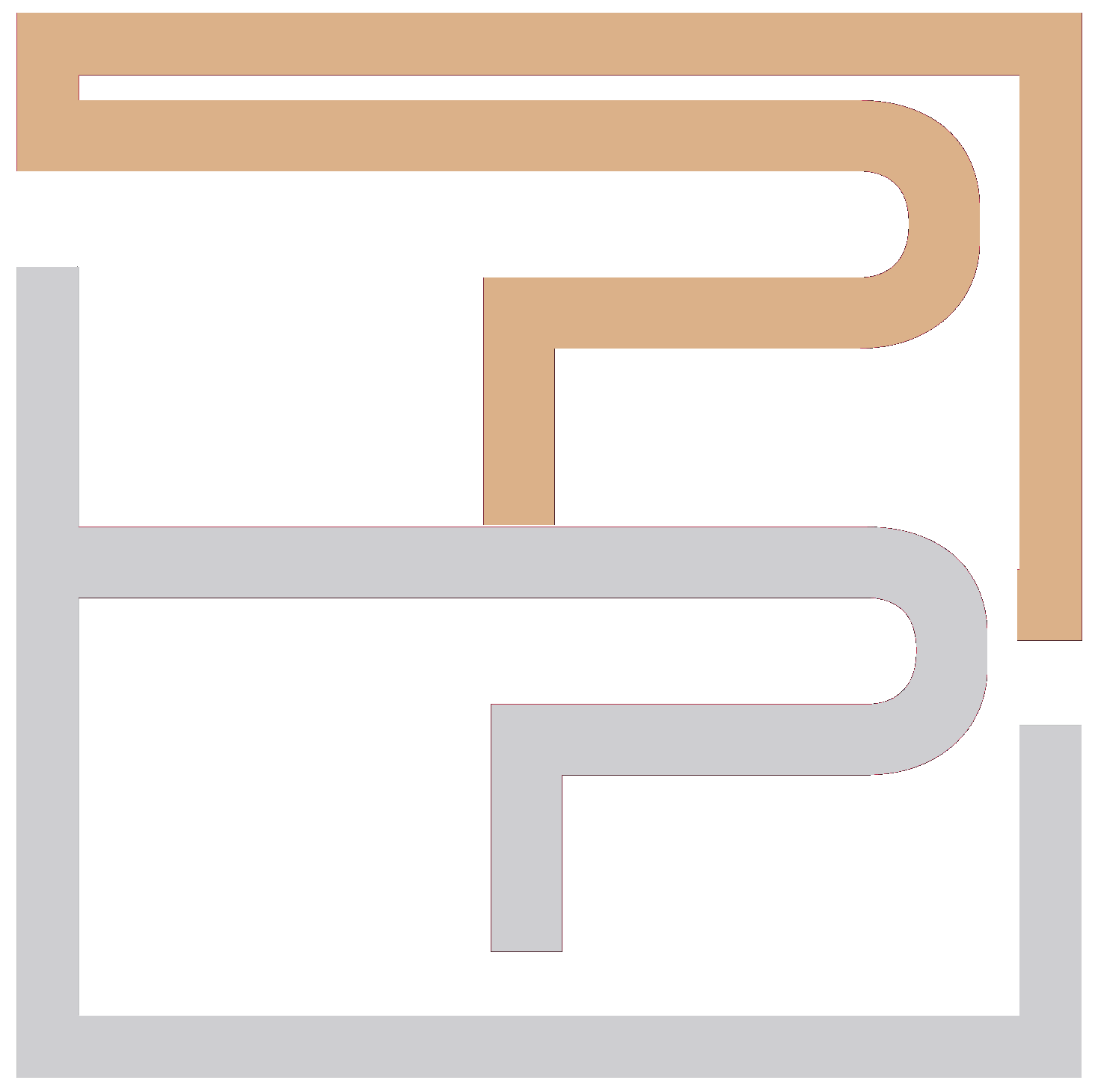What Estate Planning Is — and Why It Matters for Everyone
Estate Planning is not reserved for the wealthy. It’s a thoughtful, holistic process designed to protect your rights, your wishes, and your loved ones—during life and after death. Every competent adult deserves the clarity and control estate planning provides, regardless of net worth.
Let’s explore the essential documents that make up a strong estate plan and how each one empowers you to make decisions now that will carry meaning later.

OUR APPROACH: A Conversation, Not a Transaction
Estate planning shouldn’t feel intimidating. David and his team begin with a simple conversation—about you, your values, and the people you love. We help you clarify your intentions and put the right protections in place, so that your decisions are respected during life and honored after.
Essential Documents for Estate Planning
DOCUMENTS THAT PROTECT YOU DURING LIFE
Advance Medical Directive/Healthcare Proxy

This document speaks when you can’t. It outlines your preferences for life-prolonging procedures if you’re diagnosed with a terminal condition—where recovery is no longer medically probable.
You can:
- Designate someone to make healthcare decisions if you’re temporarily or permanently incapacitated
- Specify wishes for organ donation
- Request religious rites or sacraments be performed, if meaningful to you
HIPPA Release
By law, your medical records are private. A HIPAA Release allows your healthcare providers to share important information with trusted individuals like:
- Your spouse or children
- Health care agents named in your estate documents
- Trustees or financial agents
This ensures your circle of care stays informed and aligned

Power of Attorney

A Power of Attorney (POA) gives someone the legal right to act on your behalf in financial or legal matters.
There are different types:
- General vs. Special: Broad powers vs. limited, specific authority
- Immediate vs. Springing: Effective upon signing or only if you’re deemed incapacitated
Whatever form you choose, its’s a powerful document. Read it carefully and tailor it to your needs.
Revocable Trusts (During Life)
Trusts aren’t just tools for after death—they provide control and flexibility during life, too.
- You (the settlor) act as trustee while you’re competent
- If you become incapacitated, a successor trustee steps in seamlessly
- Assets in the trust are centralized and managed according to your wishes
This approach can provide greater continuity than relying solely on a POA.

Essential Documents for Estate Planning
DOCUMENTS THAT WORK AFTER DEATH

Last Will and Testament
Your Will becomes effective only after death and governs assets in your individual name.
Important notes:
- It’s a probate document, meaning the court must oversee distribution
- Probate is public, time-consuming, and often expensive
- Assets with named beneficiaries (e.g., payable-on-death accounts) bypass the Will and probate
For blended families, having a Will can protect against default rules (intestate succession). Example: Without a Will, your spouse may receive just 1/3 of your estate while children from a prior marriage receive 2/3.
With a Will, you decide who gets what—no guesswork, no surprises.
Revocable Trusts (At Death)
Assets placed in a Revocable Trust during your life:
- Avoid probate entirely
- Are distributed privately and promptly
- Are controlled by your successor trustee without court oversight
You can:
- Set conditions or incentives for beneficiaries
- Choose exactly how assets are distributed, including charitable gifts
- Provide continuity, support, and purpose—just as you intend

Got Questions?
